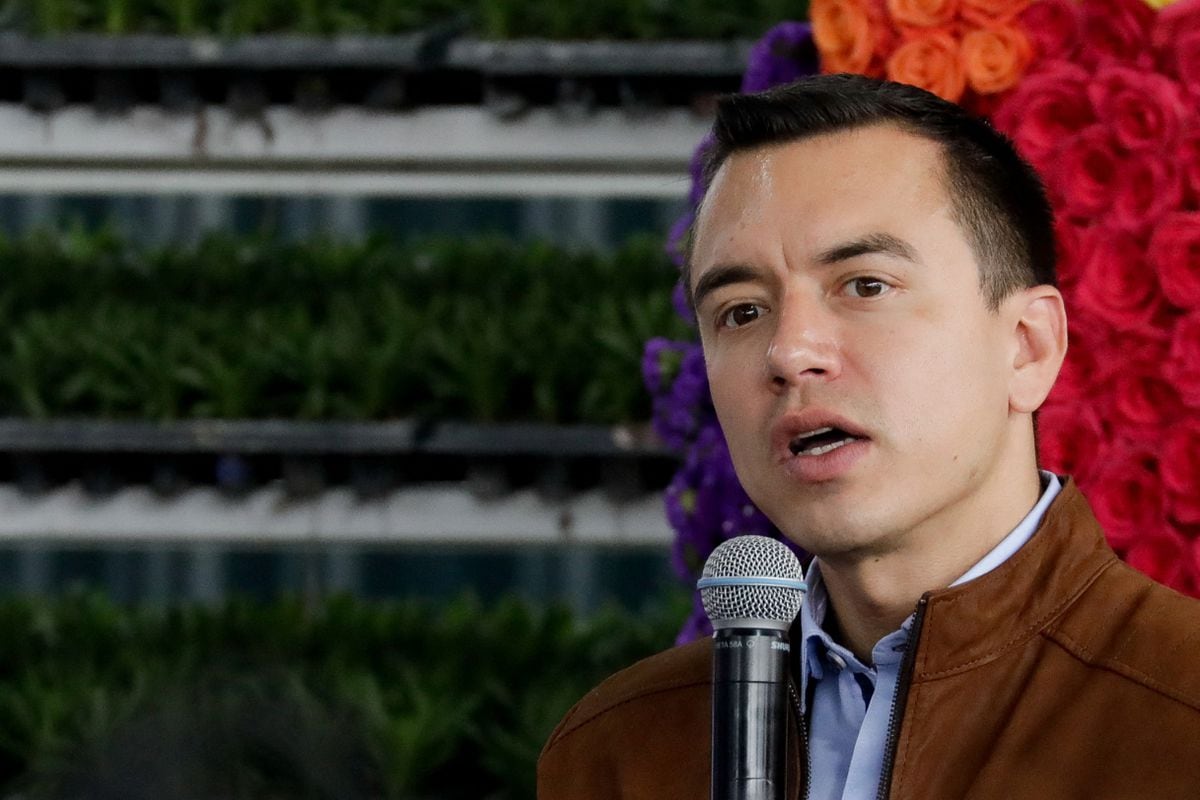When he was shooting his second feature film,
La vida y nada más,
which in 2017 won the international critics award at the San Sebastián festival, Antonio Méndez Esparza discovered a very special court in León County in Tallahassee (Florida), the city in which the Spanish resides and teaches: the dependency court.
"It was a surprise," he remembers from that court.
“Accustomed to the image of the American courts that we have, in which only those who have more money win, and which seem destined to swallow people, I found, through my investigation of juvenile problems, with a court more thought about rehabilitation , in trying that families can get ahead.
In
life and nothing else
It showed the possibility that being a kid you will be judged and condemned as an adult.
But through the juvenile court I came to this dependency court, a very special court, which can remember in its rehabilitation commitment to the Spanish system ”, explains Méndez Esparza (Madrid, 44 years old).
That is why he decided to center his third feature -which is competing today at the Zinemaldia- in that room, which each year deals with about 200 cases.
After requesting the pertinent permits, he entered with two cameras last November and December to see what would happen.
The cinema told from the guts
Antonio Méndez Esparza: "In the cinema, for every fence you overcome, another appears"
And things happened.
Courtroom 3H
-name of the room it occupies inside the courthouse- is divided into two parts: the oral hearings (several of them are shown) and the trials, of which two are summarized: one that includes curious international vicissitudes and the other that Méndez Esparza filmed the last day and that ends in an incredibly round way.
"It was a matter of absolute luck, so much so that we decided not to return in January when we considered whether to pursue one of the cases in the oral hearings," he recalls.
Inside the courtroom, a judge who seems to have become a kind father, capable of even lifting the spirits of those who, for example, renounce the parental authority of their offspring to be educated by the State or adopted, some public defenders ( there are not more than a dozen, assures the director) that they leave the skin in each case.
The matter judged is painful: children on whom their future is decided, custody disputed between broken couples, foster families who turn to raising these children.
“I was struck by the effort of all parties to collaborate, although sometimes they are not right.
In fact, the individual is in a curious position because he has to comply with what is ordered to be able to access the next level ”, and puts it in comparison with other courts for adults in Florida, where in some the defendants do not even appear, which they connect by videoconference from jail.
“You don't see the person, he's cold.
Here the court still fights for humanity. "
This dependency court is present in several States, although not in all: "It involves many expenses because social services come into play."
You don't see it in the film, but in Florida there is another court for the custody of babies, and it decides far fewer cases.
"In general, it is a new program."
From above the bench, a judge with 16 years dedicated to these processes, Jonathan Sjostrom, speaks and listens.
“He is actually the head of the Tallahassee judges, and he told me he was a lot more strict at first.
Over the years it touched.
I decided not to interview him because I didn't want anyone to explain to me, well, not to me or to the public, what mattered and what didn't.
I liked the idea of discovering it as the footage progresses ”, underlines the winner of the Critics' Week in Cannes with
Here and There
(2012).
Sjostrom's facts, phrases and decisions already draw enough clues in
Courtroom 3H,
which opens commercially this Friday in Spain.
With two cameras and a team that tried not to disturb during his filming, Méndez Esparza advanced to discover the film that was being born.
Suddenly, he found an added echo in his own life: “I was separating, we were deciding custody, and then what I saw made me reflect on my failures as a father.
I ended up putting myself in many positions, in that of judge, in that of parents, visualizing how appearances prejudge, how sometimes you forget the facts.
And here, with children, you must be extremely careful in your perceptions. "After a sigh, he ends:" I felt strange, with a brutal vulnerability, and it has made me deepen my role as a father. "
After filming, Méndez Esparza faced the possible legal conflicts of that recording. “Fortunately, the judge reminded each filmed that it is a public hearing, that we could be there. Yes we have pixelated the children's faces ”. And now? "Well, hopefully, we are working on it, I will shoot the adaptation of an incredible book by Juan José Millás,
Let No One Sleep.
It goes very fast ... for what my professional speed is like. "

/cloudfront-eu-central-1.images.arcpublishing.com/prisa/GE4MJR6AEZEBDGL22VIFRW47EY.jpg)





/cloudfront-eu-central-1.images.arcpublishing.com/prisa/FHMSCEHBDRBXBH75XKQKTP6AD4.jpg)






